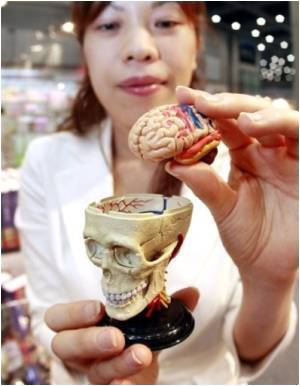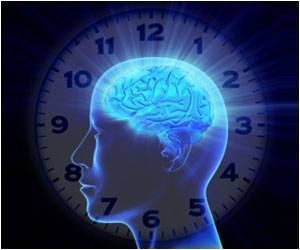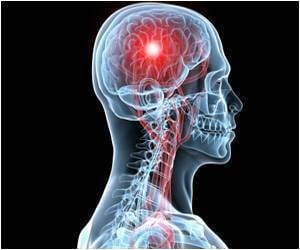New York University neuroscientists have identified the parts of the brain that enables us to remember both the key events that make up our lives and the specific order in which they happened.

The NYU researchers-Yuji Naya, an associate research scientist, and Professor Wendy Suzuki, both of NYU's Center for Neural Science-focused their study on the brain's medial temporal lobe (MTL) - known for its significant role in declarative memory-that is, memory of facts and events or episodes.
To conduct the study, the researchers ran animal subjects through a temporal-order memory task in which a sequence of two visual objects were presented and the subjects were required to retrieve that same sequence after a delay.
Their results showed that two main areas of the MTL are involved in integrating "what" and "when": the hippocampus and the perirhinal cortex. The hippocampus, which is known to have an important role in a variety of memory tasks, provides an incremental timing signal between key events, giving information about the passage of time from the last event as well as the estimated time toward the next event.
The perirhinal cortex appeared to integrate information about what and when by signaling whether a particular item was shown first or second in the series.
"One of the Holy Grails of neuroscience is understanding exactly how our brains encode and remember episodic memories, including those of weddings, graduations, and other meaningful events in our lives," explained Suzuki.
Source-ANI
 MEDINDIA
MEDINDIA




 Email
Email









